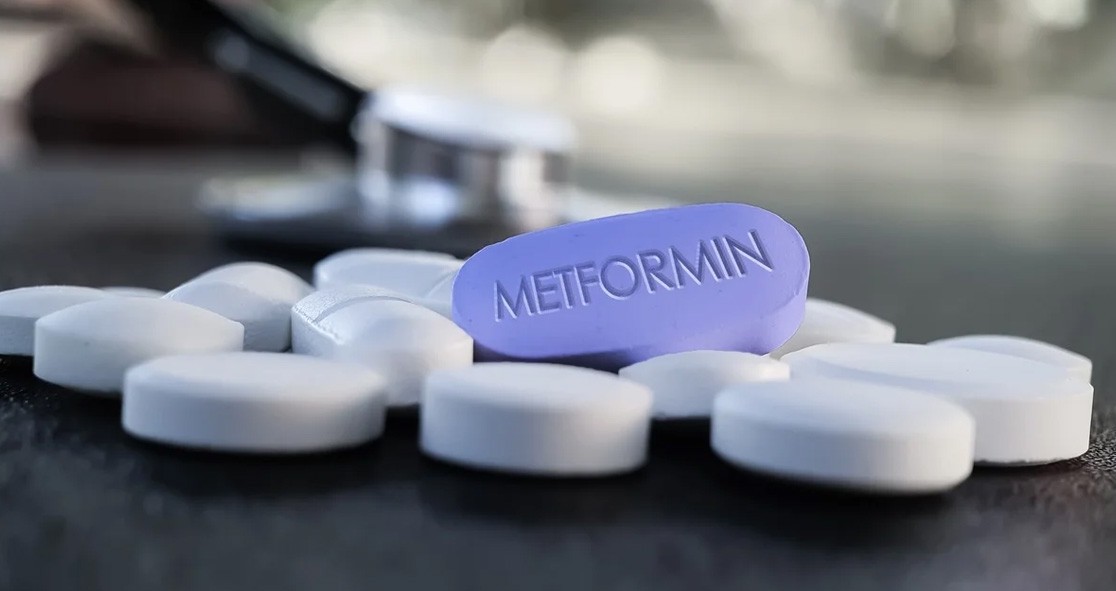Metformin, a widely prescribed type 2 diabetes drug, has been found effective in preventing COVID-related lung inflammation in a study conducted on mice.
The study, published online Tuesday in the journal Immunity, noted that metformin possesses anti-inflammatory properties, though the basis for this activity was not known, according to Science Daily.
Researchers from the University of California San Diego School of Medicine have identified the anti-inflammatory activity of metformin and found that it has prevented prevents lung inflammation in mice infected with the coronavirus (SARS-CoV-2).
Study author Dr. Michael Karin said, “The clinical studies were plagued by confounders that made conclusions hard to reach. There was some skepticism in their findings. And because metformin is an out-of-patent, low-cost drug, there is little impetus to conduct large-scale trials, which are quite expensive.”
Acute respiratory disease syndrome (ARDS) is one of the frequent causes of death in patients hospitalized with COVID-19.
The team found that metformin administered to mice before or after exposure to bacterial endotoxin resulted in the inhibition of ARDS onset and lessening of its symptoms. The drug also reduced inflammation in the lungs.
The researchers, who worked along with colleagues at The Scripps Research Institute, confirmed that metformin inhibited inflammatory activity and prevented COVID-induced pulmonary inflammation in mice.
The study’s co-senior author Dr. Elsa Sanchez-Lopez said, “These experiments strongly suggest that improved delivery of metformin or CMPK2 inhibitors into lung macrophages can provide new treatments for severe COVID-19 and other forms of ARDS.”
The team said the findings suggest that metformin may have therapeutic potential for treating various neurodegenerative and cardiovascular diseases associated with NLRP3 inflammasome activation.
The inflammasomes are innate immune system receptors and sensors that regulate the activation of the interleukin-1 converting enzyme (ICE) and induce inflammation in response to infectious microbes and molecules derived from host proteins, according to Nature.
Dr. Karin said, “Inhibition of inflammasome activation may also account for the poorly explained anti-aging effect of metformin.”
The article was published in Science Daily.























